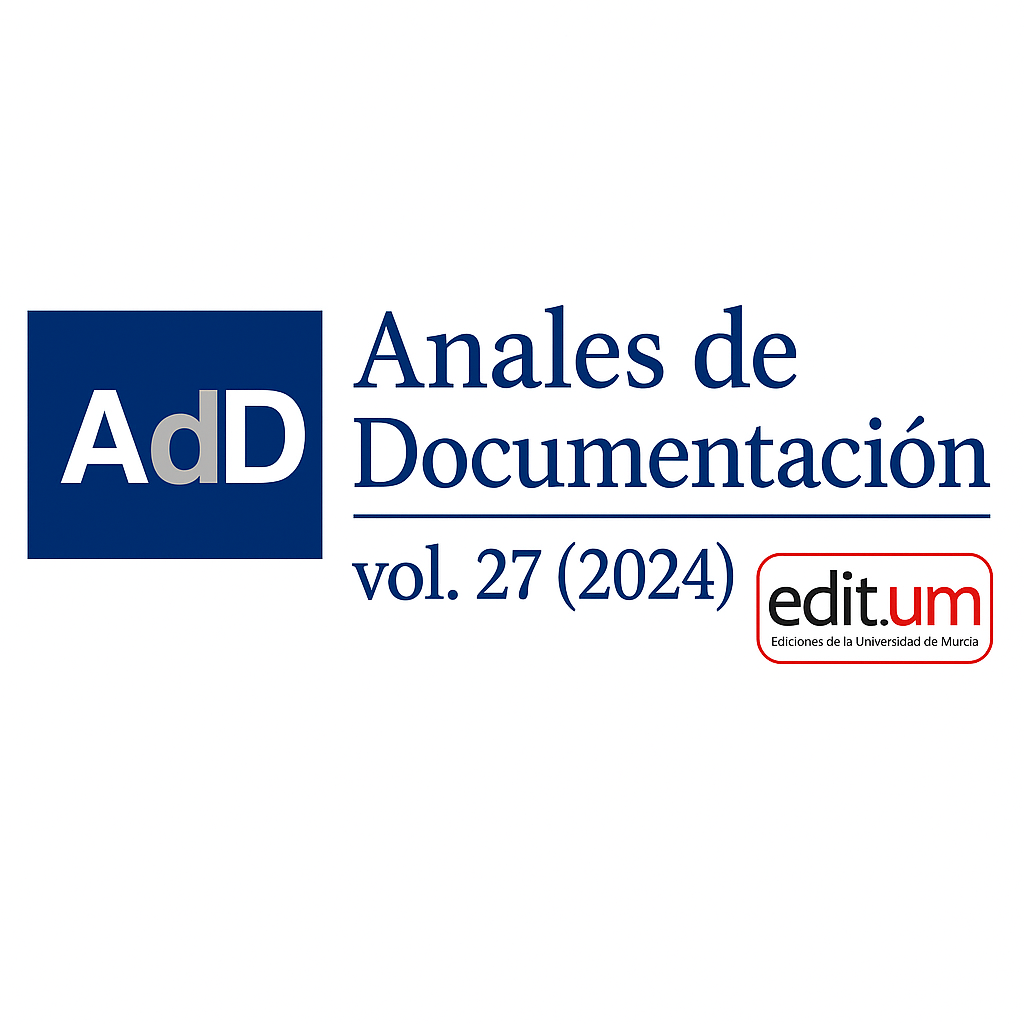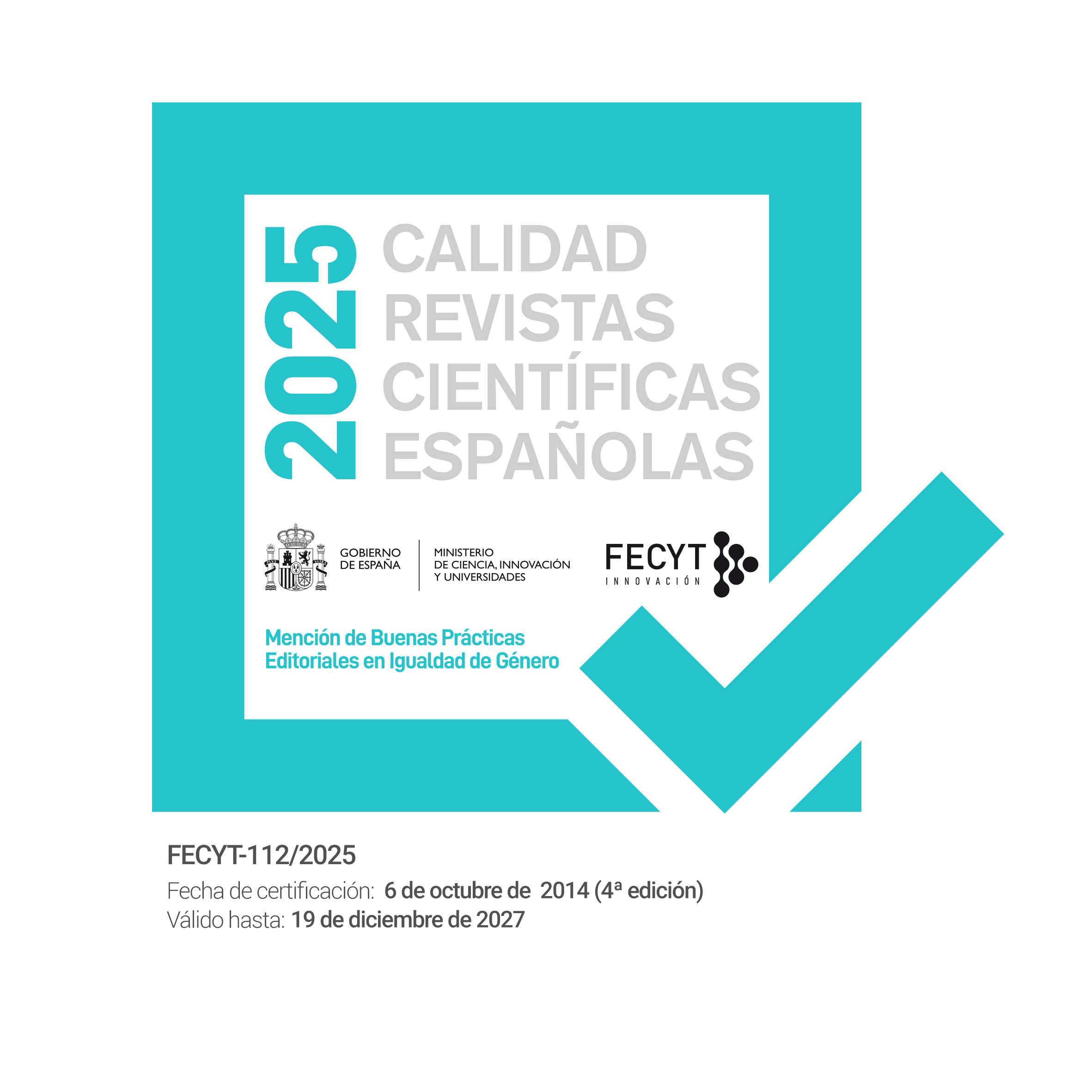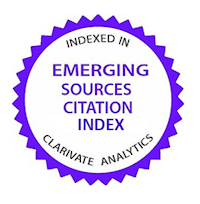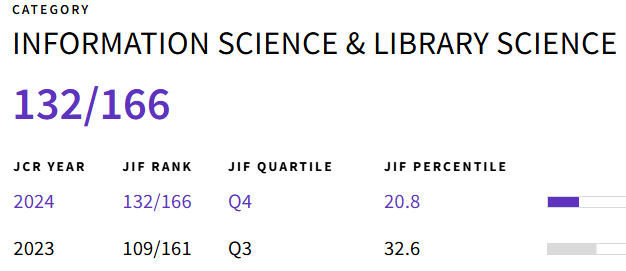Measuring digital skills in Europe and Spain
a critical review
Abstract
In the current context of digital acceleration, having digital skills has become a necessity to avoid falling behind. In this regard, it is essential to understand the level of competencies of the population and take appropriate measures in relation to their evolution. Through the following study, a review of the Digital Economy and Society Index (DESI) is conducted as the main source for measuring European and Spanish digital performance, as well as the digital competencies of the population. From this review, some biases linked to the definition of the study group and the design of the survey on which it bases its results are identified. On the other hand, some limitations related to data aggregation that may mask the situation of vulnerable groups are also identified. Finally, considerations are provided on how to improve some of these aspects, such as the possibility of advancing towards a greater alignment between DESI itself and the European Framework for Digital Competence for Citizens, which serves as a conceptual model.
Downloads
Metrics
-
Abstract1623
-
PDF1215
-
XML-JATS0
-
PDF_ESP (Español (España))1215
References
Comisión Europea (2020). Plan de recuperación para Europa. https://commission.europa.eu/strategy-and-policy/recovery-plan-europe_es
Comisión Europea (2023). Índice de Economía y Sociedad Digitales (DESI). https://digital-strategy.ec.europa.eu/es/policies/desi
Consejo Económico y Social (2021). La Digitalización de la Economía. Colección Informes, 1. http://www.ces.es/documents/10180/5250220/Inf0121.pdf
Eurostat (2023). Individuals level of digital skills. https://ec.europa.eu/eurostat/databrowser/view/ISOC_SK_DSKL_I21/default/table?lang=en&category=isoc.isoc_sk.isoc_sku
Gobierno de España (2021a). Plan de recuperación, transformación y resiliencia. https://www.lamoncloa.gob.es/temas/fondos-recuperacion/Documents/30042021-Plan_Recuperacion_%20Transformacion_%20Resiliencia.pdf
Gobierno de España (2021b). Plan nacional de competencias digitales. https://portal.mineco.gob.es/RecursosNoticia/mineco/prensa/noticias/2021/210127_np_digital.pdf
Fundación Foessa (2021). Análisis y perspectivas 2021. Sociedad expulsada y derecho a ingresos. https://www.caritas.es/producto/sociedad-expulsada-derecho-a-ingresos/
INE (2021). Encuesta sobre Equipamiento y Uso de Tecnologías de Información y Comunicación en los Hogares 2021 (TIC_H 2021): Informe metodológico. https://www.ine.es/metodologia/t25/t25304506621.pdf
EAPN (2022). El estado de la pobreza: seguimiento de los indicadores de la agenda UE 2030. https://www.eapn.es/ARCHIVO/documentos/documentos/1666019480_informe-2022-compilado.pdf
Torres-Menárguez, A. (Agosto 6, 2021). La falta de habilidades digitales de las familias se ceba con los alumnos de los colegios más desfavorecidos y lastra su aprendizaje. El País. Disponible en: https://elpais.com/educacion/2021-08-06/la-falta-de-habilidades-digitales-de-las-familias-se-ceba-con-los-alumnos-de-los-colegios-mas-desfavorecidos-y-lastra-su-aprendizaje.html
Trujillo-Sáez, F. (2021). The school year 2020-2021 in Spain during the pandemic, Publications Office of the European Union, Luxembourg, 2021, ISBN 978-92-76-38645-2. https://dx.doi.org/10.2760/729245
Trujillo-Sáez, F.; Fernández-Navas, M.; Montes-Rodríguez,M.; Segura-Robles, A.; Alaminos-Romero, F.J. & Postigo-Fuentes, A.Y. (2020). Panorama de la educación en España tras la pandemia de COVID-19: la opinión de la comunidad educativa. Madrid: Fad.
Unión Europea (2006). Recomendación 2006/962/CE del Parlamento Europeo y del Consejo de 18 de diciembre de 2006 sobre las competencias clave para el aprendizaje permanente. https://eur-lex.europa.eu/LexUriServ/LexUriServ.do?uri=OJ:L:2006:394:0010:0018:es:PDF
Unión Europea (2018). Recomendación 2018/C 189/01 del Consejo de 22 de mayo de 2018 relativa a las competencias clave para el aprendizaje permanente. https://eur-lex.europa.eu/legal-content/ES/TXT/PDF/?uri=CELEX:32018H0604%2801%29
Vera-Baceta, Miguel-Ángel; Navarro, Gabriel; Gómez-Hernández, José-Antonio (2022). “Riesgos de la aceleración digital: una mirada desde el Marco DIGCOMP2.2 y los derechos digitales de la ciudadanía”. Anuario ThinkEPI, v. 16, e16a19. https://doi.org/10.3145/thinkepi.2022.e16a19
Vuorikari, R, Jerzak, N, Karpinski, Z, Pokropek, A & Tudek, J (2022). Measuring Digital Skills across the EU: Digital Skills Indicator 2.0. https://dx.doi.org/10.2760/897803
Vuorikari, R.; Kluzer, S.; Punie, Y. (2022). DigComp 2.2: The digital competence framework for citizens. With new examples of knowledge, skills and attitudes. Publications Office of the European Union. https://doi.org/10.2760/490274

This work is licensed under a Creative Commons Attribution 4.0 International License.
Las obras que se publican en esta revista están sujetas a los siguientes términos:
1. El Servicio de Publicaciones de la Universidad de Murcia (Editum) conserva los derechos patrimoniales ('copyright') de las obras publicadas, y favorece y permite la reutilización de las mismas bajo la licencia de uso.
2. Las obras se publican en la edición electrónica de la revista bajo la licencia Creative Commons Atribución Internacional CC BY 4.0. Se puede copiar y redistribuir el material en cualquier medio o formato y remezclar, transformar y crear a partir del material para cualquier finalidad, incluso comercial.








